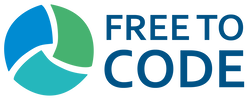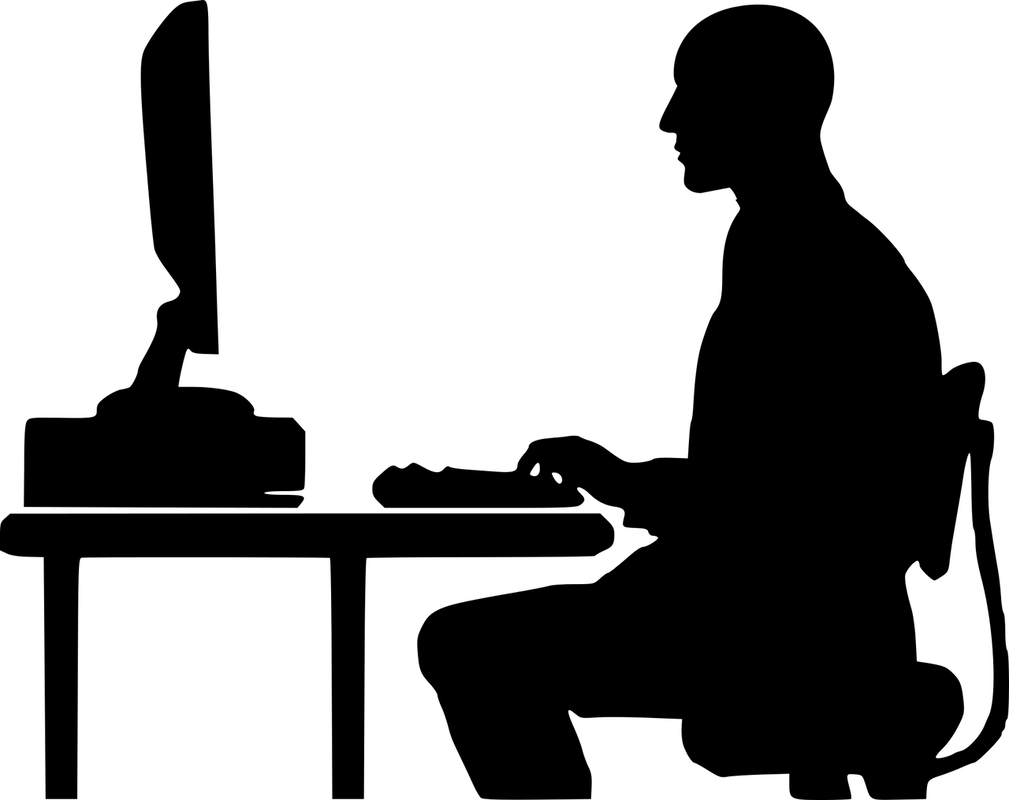|
The Free to Code initiative will implement a training program in Programming for inmates (between 18-60 years old) through a methodology of non-formal and informal learning.
The program will address from digital literacy up to the basics of Coding and aims to improve their job opportunities and for successful re-entry through business and technology training. |
Coding education is about promoting computational thinking, combining Mathematics, Logic and Algorithms, and teaching a new way to think about the world.
Computational thinking teaches how to tackle large problems by breaking them down into a sequence of smaller, more manageable problems, it helps our logic go from specific solutions to general ones. |
Objectives
- Give people a second chance, turning their lives around, and training them in a skill set which has a high demand
- Favour access to digital education for adult learners, reducing the digital gap and disparities between adult vulnerable people in the use of ICT tools.
Tangible Results |
An interactive, multifunctional PLATFORM for adult coding education
Training contents, interactive exercises, and programming games
|
|
The expected result: promote digital learning, increase literacy, numeracy, and key competences of adult people with a disadvantaged background namely prisoners about to leave the custody.
|
Intangible Results |
Programming is fundamental to the understanding of a hyper-connected world. Coding helps practice 21st century skills such as: problem solving, teamwork and analytical thinking. |
|
The Free to Code project is co-financed by ERASMUS + programme ( KA2 - Strategic Partnerships for adult education). ERASMUS + is the new EU programme for Education, Training, Youth, and Sport (2014-2020). This website has been accomplished during the “Free to Code” project implemented with financial support of the European Commission by the Erasmus + Programme. This publication reflects the views only of the author. The Erasmus+ agency and the European Commission cannot be held responsible for any use which may be made of the information contained therein. Copyright © 2019 developed by Aproximar, Cooperativa de Solidariedade Social
|



